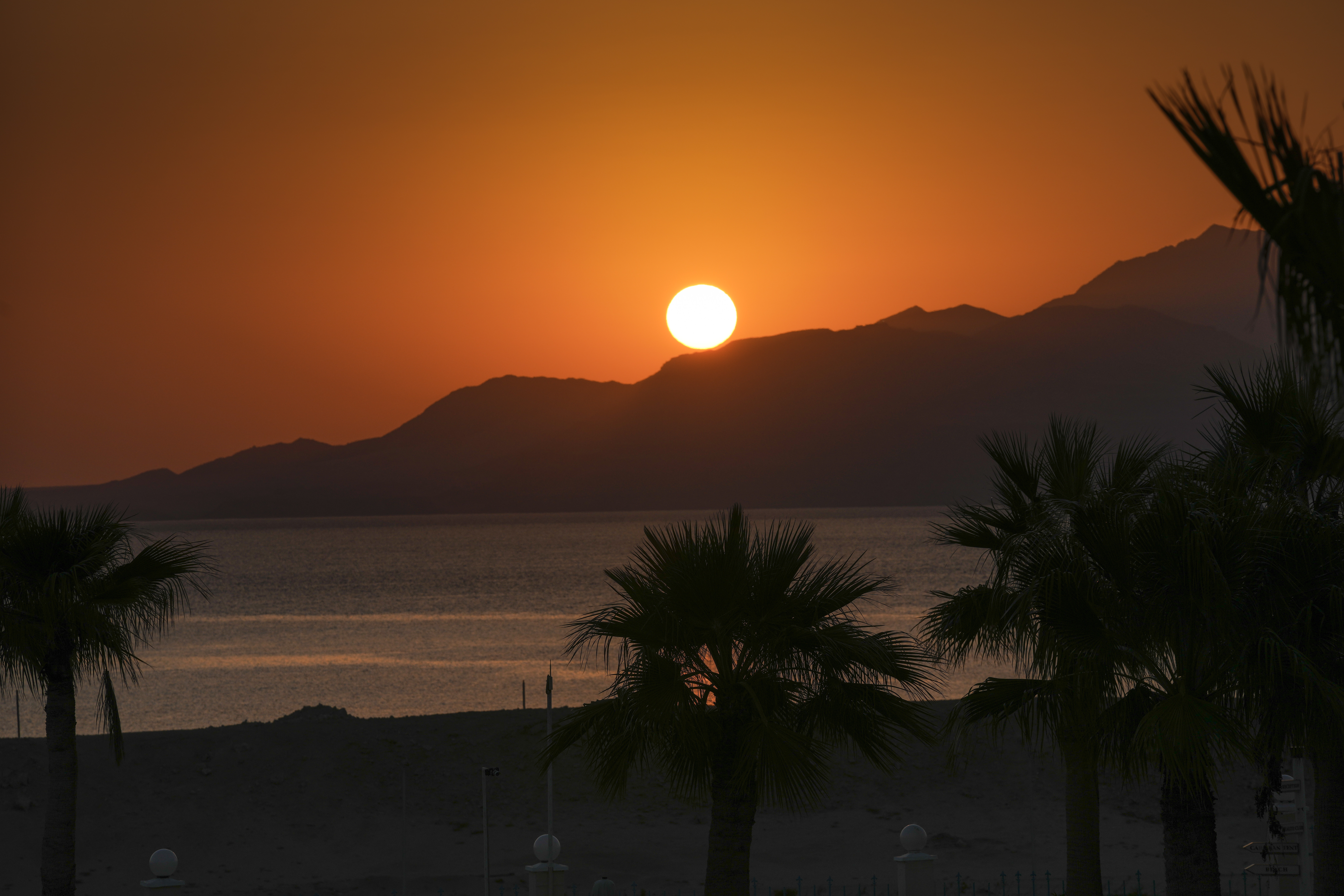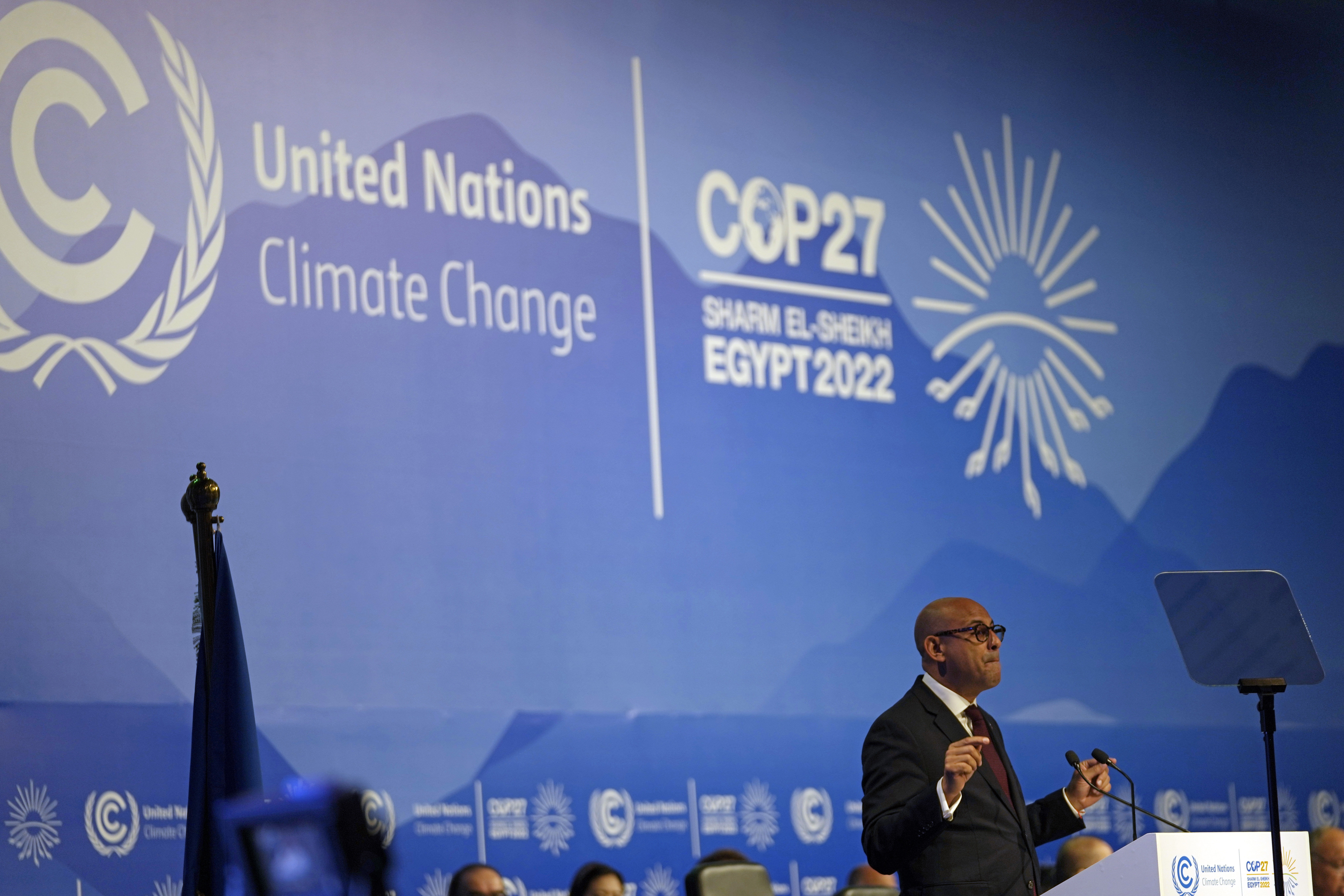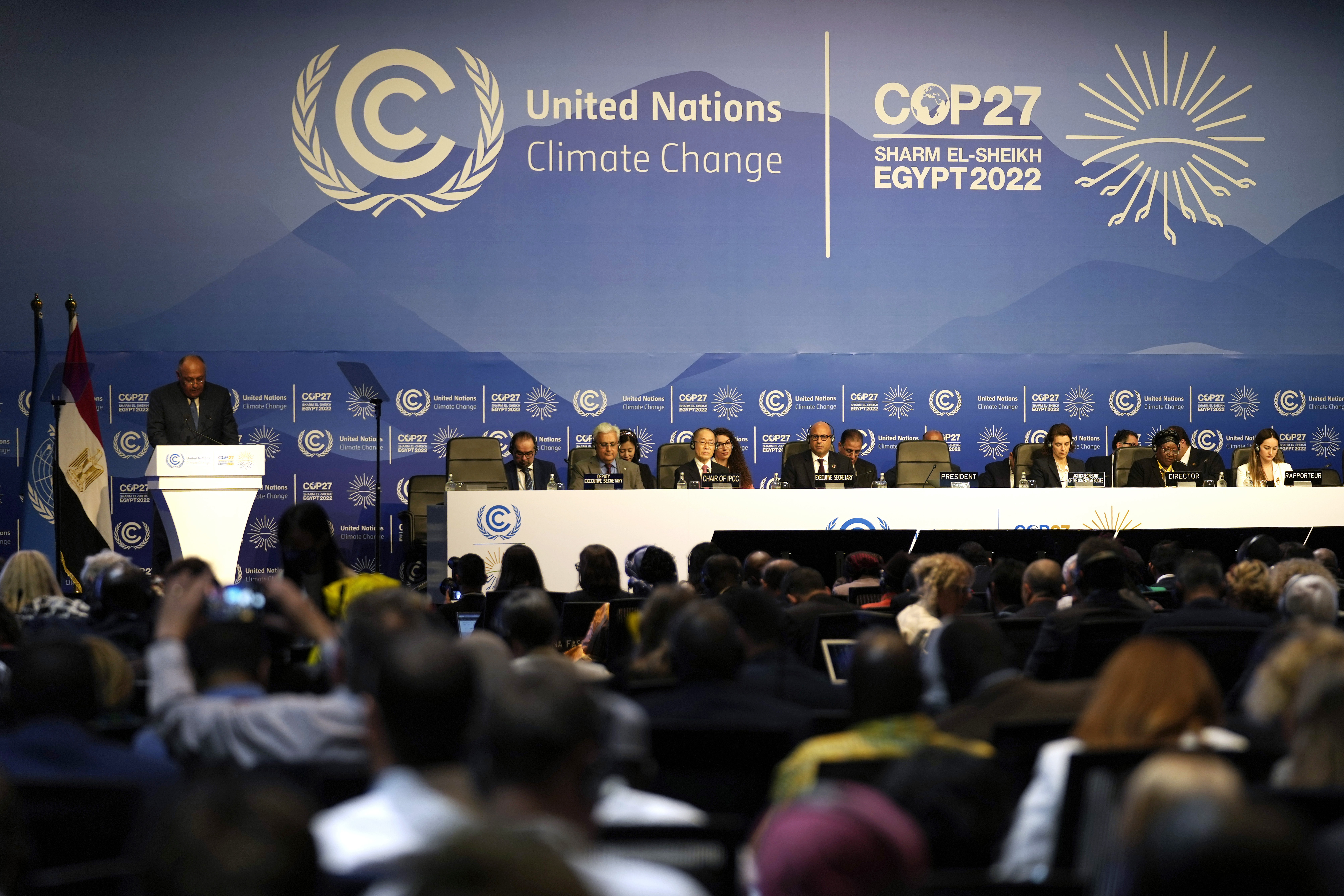The United States, Canada and Australia are the worst offenders among rich countries skimping on their "fair share" of tens of billions of dollars pledged to help developing nations fight climate change, according to a new analysis.
The calculations emerged as the Albanese government made an otherwise positive start in its attempt to rehabilitate the country's climate image on the world stage.
Wealthy countries have pledged $US100 billion ($155 billion) in climate finance each year, starting in 2020, to help poorer nations adapt to climate change and mitigate its effects, but are still billions of dollars short of that goal.
READ MORE: 'Cooperate or perish': UN chief's urgent warning to world on 'highway to climate hell'
In a report released on Monday, respected UK climate change publisher Carbon Brief found the US alone had fallen short of its "fair share" by $US32 billion ($49 billion).
The calculations were based on comparing each country's funding with its historical carbon emissions.
According to that metric, the US should have been spending $US40 billion ($61 billion) a year.
Canada was the second-worst offender, falling $US3.3 billion ($5 billion) short, while Australia was third, with a $US1.7 billion ($2.6 billion) shortfall.
Germany, France and Japan were also all billions of dollars in surplus.
Accusations of Australia's failure to pay its way have already been highlighted as a potential impediment to its push to jointly host the UN climate conference with Pacific nations in 2026.
And the push for the US and China to pay their fair share in helping smaller countries mitigate and adapt to climate change is shaping to form a major part of the COP27 UN Climate Conference taking part in Egypt this week.
UN chief Antonio Guterres on Monday called on leaders to "cooperate or perish" in a stark warning to a world he said was "on a highway to climate hell".
READ MORE: Woman pays tribute to husband killed in fight outside WA pub
https://twitter.com/DrSimEvans/status/1589528982881730560
It's the first such conference since Labor ousted the Coalition earlier this year in an election that focused heavily on climate change and also ushered in a wave of Greens and climate-focused independents.
The government, which immediately signed Australia up to stronger carbon emissions reduction targets following international criticism of the country's approach under the Coalition, wants to use the conference to show Australia has returned as a progressive force on climate.
Even with Prime Minister Anthony Albanese skipping the trip to Africa, that mission appears to have got off to a positive start, although those watching the talks note the proof will come in how Australia's representatives act around the negotiating table.
Just days after COP26 last year, former US vice president and environmentalist Al Gore said he was "disappointed" Australia had failed to increase its emissions targets.
This year, in an impassioned speech urging leaders to choose "choose life over death" by ending the use of fossil fuels, this year, he praised Australians, Brazilians and Americans for their recent moves to elect leaders who promised to do more on climate change.
READ MORE: Man who attacked cleaner in Gold Coast nightclub sentenced
Gareth Redmond-King from the UK's not-for-profit Energy and Climate Intelligence Unit said it was too early to say how Australia would be seen at the conference but he suspected its negotiators to be "constructive and engaging in a way that they haven't for some time".
"They're going to feel the warmth of the welcome, but they're also going to feel the heat of the pressure," he told 9news.com.au.
"That you know, you have to kind of live up to the rhetoric, you have to deliver on targets and you have to take seriously the scale of fossil fuel production and exports, for example, in Australia's case."
Pacific Islands Forum secretary-general Henry Puna echoed the positivity after a bilateral meeting on Monday with Australian Pacific Minister Pat Conroy, who's leading the delegation in Albanese's absence.
"There's always difficult conversations, but between family members, between friends, nothing is impossible, but it's just sitting down and talking through those difficult issues," Puna said, when asked about financing.
"But already Australia has shown that they are serious about what they have said that they will do.
"And for us, that's very good. That's excellent."
READ MORE: Bail rejected after Sri Lankan international cricketer charged with sexual assault
https://twitter.com/PatConroy1/status/1589563779335221249
On the same subject, Conroy said Australian negotiators had been among those pushing to include the discussion of "loss and damage" from climate change to be included on the agenda for the first time, describing this as a "stark contrast" with previous governments.
"What you see from the new Australian government is respectful discussions with not just the Pacific family, but everyone who has an interest in climate change," he said.
"We will not shut down debate about climate change, we will not block discussions on climate change.
"We will fight for the right for the Pacific to be represented and for the Pacific voice to be heard."
"Loss and damage" refers to the economic and physical costs developing countries face from climate change.
It's been a long-standing point of negotiation and will be front and centre in Egypt after a lack of progress in COP26 at Glasgow, according to Bethany Tietjen of Tufts University.
"Many of the world's most climate-vulnerable countries have done little to cause climate change, yet they are experiencing extreme heat waves, floods and other climate-related disasters," she wrote in The Conversation.
"They want wealthier nations – historically the biggest sources of greenhouse gas emissions – to pay for the harm."
Mia Mottley, the prime minister of Barbados whose powerful previous COP speeches have cut through to the general public, argued for a fund that also taxes big fossil fuel companies and the introduction of pandemic and natural disaster clauses for developing countries' debts.
"I don't need to repeat the horror and the devastation wreaked upon this earth over the course of the last 12 months since we met in Glasgow," she said.
"Whether the apocalyptic floods in Pakistan or the heat waves from Europe to China, or indeed, in the last few days in my own region, the devastation caused in Belize by tropical storm Lisa, following torrential floods a few days ago in St Lucia."
Source: 9News





